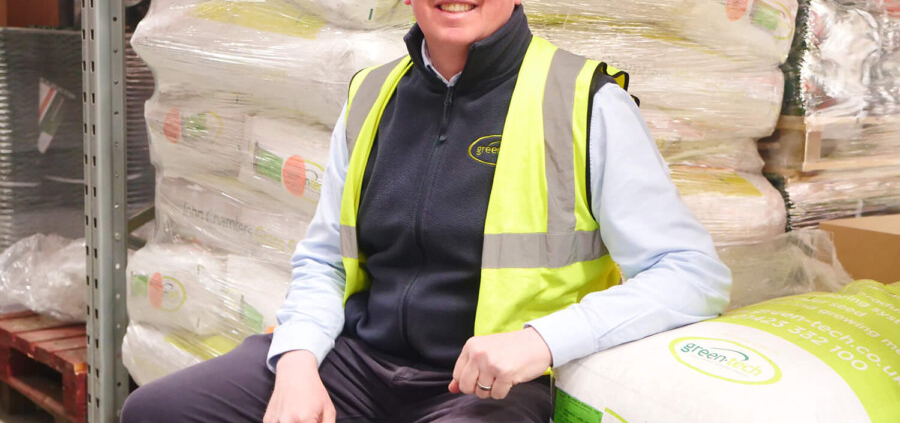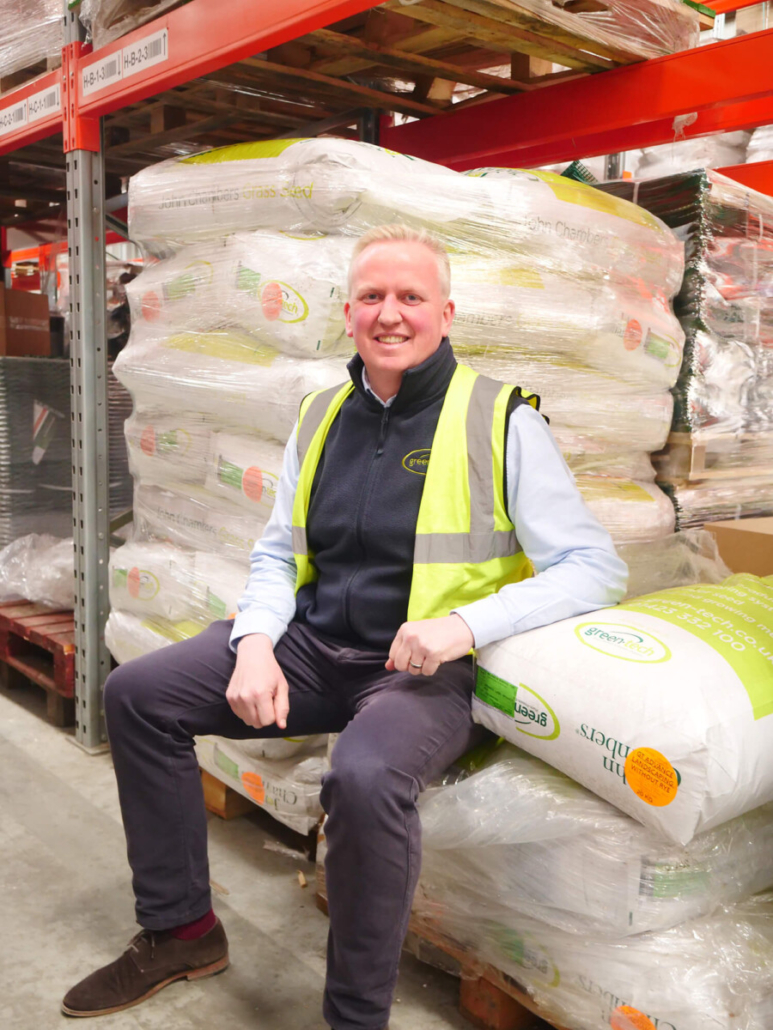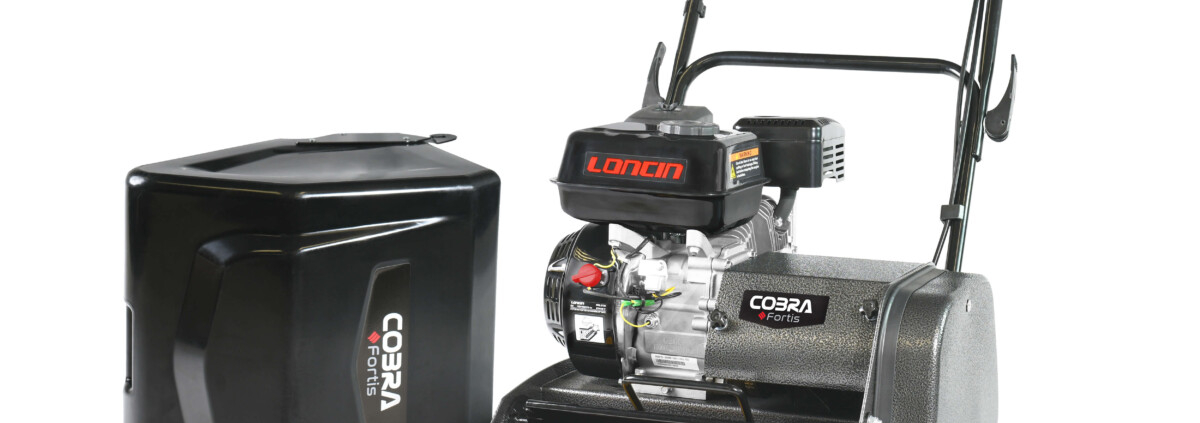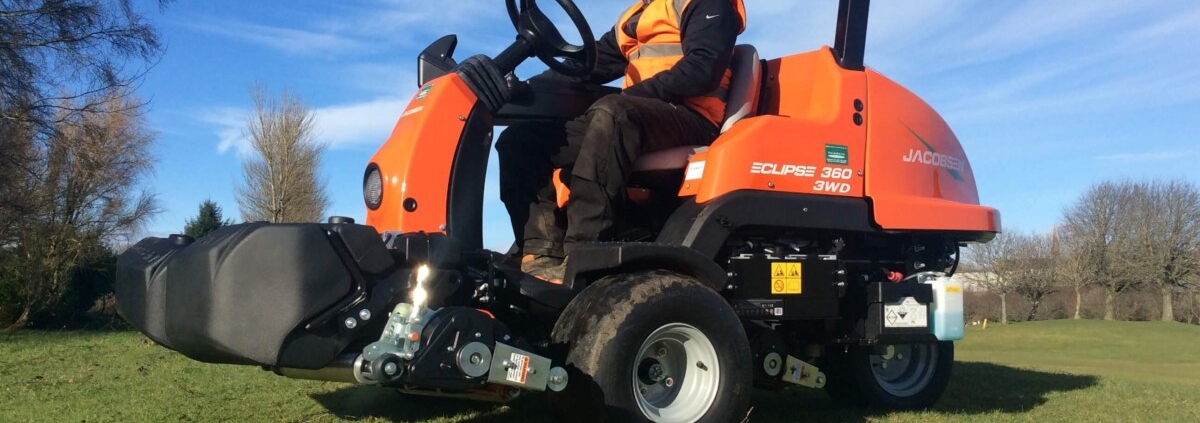Overseeder pivotal in post-drought programme
Overseeder pivotal in post-drought programme: A Redexim Overseeder 1575 3D proved a timely purchase for the team at Malone Golf Club as, like many venues across the country, overseeding work was high on the autumn agenda to recover the damage from the summer-time drought.
Delivered in August 2022, the new disc-seeder was out and in use immediately across the 27-hole complex and according to Workshop Manager Chris Walsh, the results of the operation have been very impressive.

Overseeder pivotal in post-drought programme
A championship parkland course situated on 330 acres of undulating ground close to Belfast city centre, Malone proves a challenge for players and greens staff alike. “Our profile is sandy meaning that in the summer we burn up fast. With the long dry spell of weather we had last year we really struggled with coverage in areas such as fairways and tee boxes which aren’t covered by the irrigation system” explains Chris, who forms part of a ten-strong maintenance team.
“Previously we would call in contractors to carry out overseeding, but you find yourself limited by their availability so we decided to purchase our own machine so that we can overseed precisely when and where we need to.” Redexim Regional Partners Cyril Johnston demonstrated the 1.5m wide disc seeder which, suited to a range of ground conditions and featuring easily adjustable delivery rates, ticked all of the boxes.
“This Overseeder 3D is really well built and super simple to set-up and operate” Chris explains. “One thing in particular we noticed was the accuracy of seed delivery which is ever more critical as the cost of seed continues to go up. The strike rate we got from the work we conducted across the site was fantastic and, while we were concerned about the slits opening up in the continued hot conditions, we didn’t get any of that. The rear roller helps to ensure that the seed remains exactly where it needs to be and seals the groove up to bring the course back into play almost immediately.”
The service, from both Cyril Johnston and Redexim’s Ian Lauder also impressed the team. “Everything from the demonstration and advice, through to the delivery and training we received was first-class.” He continues, “Now that we’re not waiting on contractors, we can really push ahead with overseeding, fitting it in and around our packed golf programme to build on course improvements and cope with the challenges that mother nature throws at us. This machine will pay for itself in no time.”
For the latest industry news visit turfmatters.co.uk/news
Get all of the big headlines, pictures, opinions and videos on stories that matter to you.
Follow us on Twitter and Instagram for fun, fresh and engaging content.
You can also find us on Facebook for more of your must-see news, features, videos and pictures from Turf Matters.

















